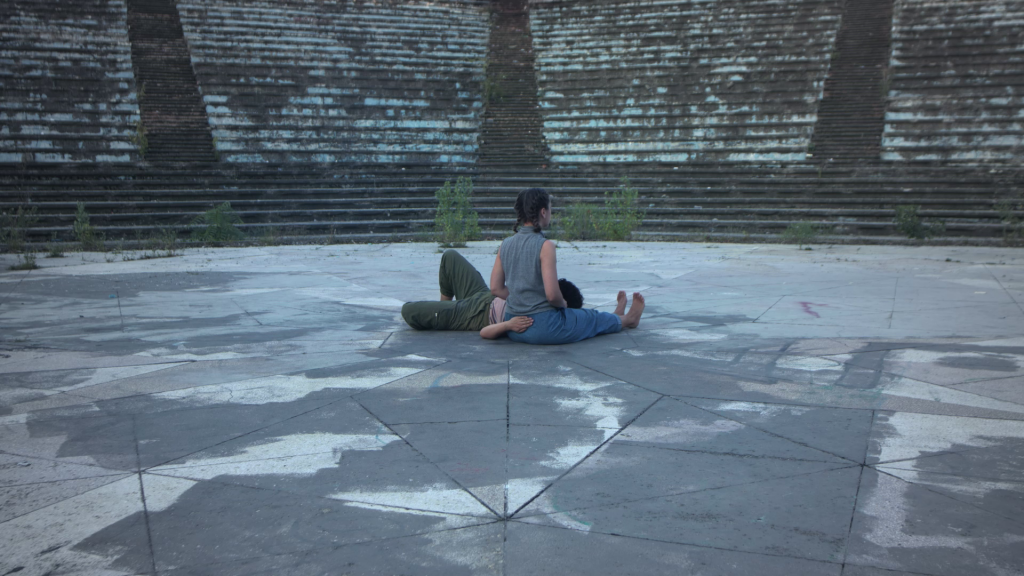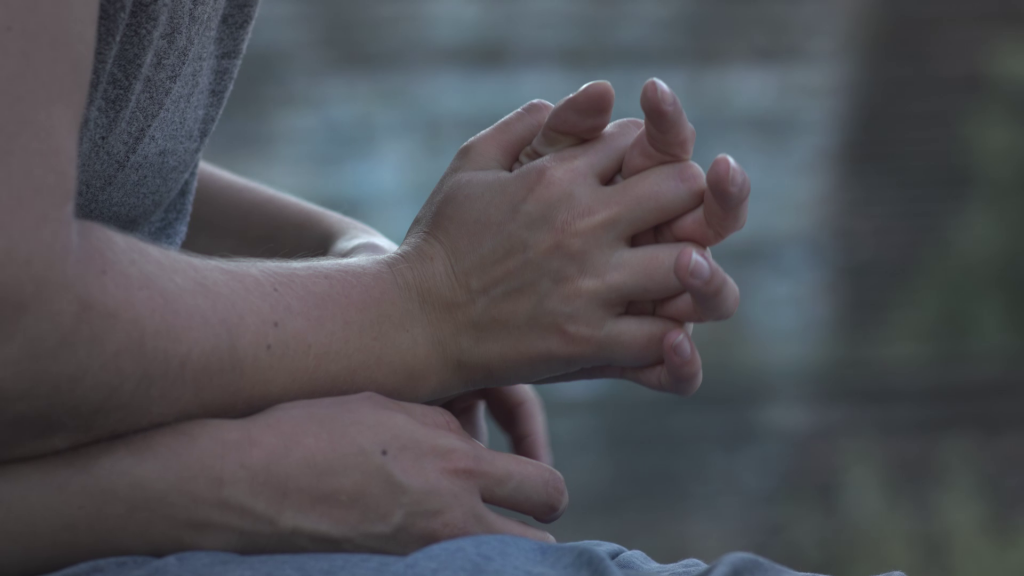- …and i want to remember all your shapes
- 7 AM
- a room without any water in it
- BIO
- Bodies in trouble
- But her mind was somewhere else
- care and feeding of a mermaid
- čosity
- good night readers¸¸.•¨¯`•.¸ . · ☆ . .。
- harvested darkness
- harvesting darkness
- I Know You’ve Been Hurt
- If you lived here
- kiosk n 110
- Naming It Nicely
- On touch touching itself
- Open Call for Female Curators from the Visegrad Countries
- Open Call for Young Women Artists from the Visegrad Countries
- oskar cepan award 2017
- projects
- ROCK BECAME THE CAVE
- School of Harms
- Screaming To The Moon
- SECONDARY ARCHIVE: OPEN CALL FOR YOUNG WOMEN ARTISTS FROM ALBANIA, KOSOVO, SERBIA AND V4
- smoke and mirrors
- statement
- The Hag Theory & How to Spin and Endometrium
- the melancholy of marissa cooper
- the touch was the only guide
- Transit Connect NEW DJ53
Tamara Antonijević
On touch touching itself (full version of the unpublished text)
Women, Strangers, Shamans, Sorcerers, Poets and other Intruders
‘’Oumuamua is tumbling, rather than smoothly rotating, and is moving so fast relative to the Sun that there is no chance it originated in the Solar System.’
1. spacecraft amphitheater
In the choreographic video-work Nice to meet you, T. by Larisa Crunteanu in collaboration with Catalina Insignares, two female bodies are waking up laying next to each other, then moving and touching in a manner that can be interpreted as hugging, healing, treating, curing, sniffing, massaging, petrifying, freezing, softening, listening, desiring, talking, examining, learning, caressing, cuddling, and at certain moments, even as the kind of touch that is able to time travel. They fall back asleep and the video ends. The sequence is something between dream state and reality, between past and future, a memory already distorted as it happens, an event that can’t be categorized or pinned down.
The bodies never get up from the ground, as if they are bound to the physical space, to the center of an empty and deserted amphitheater, surrounded by Bucharest post- socialist blocs where teenagers gather at night to drink and smash beer bottles. The ground is covered with broken glass which is visible only in the background picture, but other signs of decay and abandonment are more visible: washed out stones, traces of graffiti and bushes of grass and small trees growing between the stones. The space belongs to the past, ruined and obsolete, among concrete apartment blocks that belong to yet another time (these kind giants can’t be seen in the video either, but as a South-Easterner, I like to think that their presence is marked in some other way), but as such it also rushes to the future. A spacecraft amphitheater, spinning on its own terms, too slow for you to notice.
In a similar way, the encounter of two female bodies that touch in an unidentifiable manner in ex-socialist ex-public space seems like a practice coming from the future and the past at the same time. Their touch doesn’t have an obvious meaning, goal or code. I’ve touched and been touched many times, but I still can’t grasp the grammar of it. Nevertheless I’m able to receive the message—but it’s the type of a message that will not be cracked by the tools I have on disposal. It’s one of those interstellar messages that makes you go rogue, in your cellar, building your own decoding machine.
As long as I’m trying to comprehend through the visual, as long as I want to grasp with my gaze, I’m in defeat. When I let go of this strategy, the work starts opening in many different directions and questions. One of the possible readings of it was the live sound performance by Jasmina Al-Qaisi and Ralf Wendt that accompanied the work in progress screening in SAVVY Contemporary Berlin, which put the emphasis on the aspect of gestures of intimacy and their ambiguity, of varying degrees of closeness of two bodies and how this can be unlocked from the domain of privacy. My own reading of the same work and the sound performance makes me question the very material of intimacy: the touch and the impact bodies have on each other. This impact seems to be a dangerous thing, not only because it renders the relation between two bodies as precarious and unsettling, but because it shows, time and again, that the self is the very definition of instability, instability as such. Here instability is to be understood as a condition of core, or more precisely, the lack of core, since it’s in a constant flux and interaction. As Karen Barad puts it: “And if the two hands belong to one person, might this not enliven an uncanny sense of the otherness of the self, a literal holding oneself at a distance in the sensation of contact, the greeting of the stranger within? So much happens in a touch: an infinity of others—other beings, other spaces, other times—are aroused.’’
When two female bodies touch in public space in front of the camera on their own terms, they might as well be making history—but this history will not be about representational achievements. For this reason, writing it might be closer to writing science fiction.

